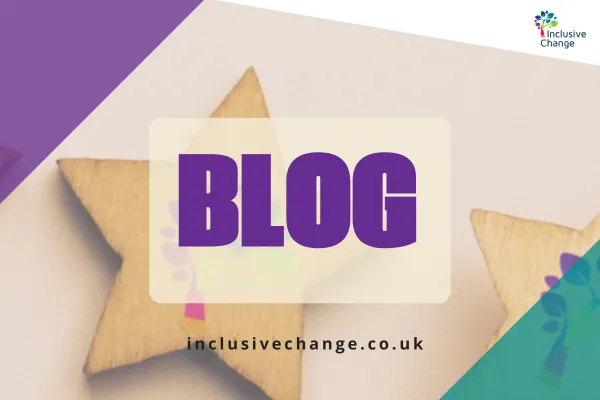
Neurodivergent Burnout: The Hidden Struggle Behind Overwork
We are halfway through 2025, and yesterday it caught up with us. The warm weather, disrupted sleep, the pressure of full days, and changes in the team all added up to a difficult moment. But today is a fresh start. With burnout in mind, we are resetting, taking proper breaks, stepping outside with a cup of tea, walking a lap of the building, and reminding ourselves of the value in planning ahead, preparing well, and occasionally just slowing things down.
Burnout doesn’t look the same for everyone. Breathe HR’s recent research confirms that taking time off isn’t just a nice-to-have, it’s essential: 81% of UK employees report rising burnout when they can’t step away from work (breathehr.com). But for neurodivergent individuals, the challenge runs deeper and recovery can take far longer.
More Than Exhaustion: Complex Layers of Symptoms
Burnout is physical, mental, and emotional fatigue from prolonged stress (medicalnewstoday.com). Neurodivergent burnout, however, brings additional and often profound symptoms:
Sensory overload: lights, sounds, textures become intolerable in ways typical burnout doesn’t address.
Loss of skills: people report losing essential functions, communication, self-care, daily tasks.
Executive dysfunction & inertia: difficulty planning, switching, starting, or completing tasks—affecting autonomy.
Shutdowns & meltdowns: overwhelmed brains may withdraw completely or erupt emotionally.
All these can compound typical burnout symptoms, like exhaustion and irritability making everyday life feel like climbing a mountain, impacting often already disturbed sleeping patterns, limited self-care and poor mental health.
Masking: The Silent Energy Drain
People with autism, ADHD, dyslexia, and other neurodivergences often mask: suppressing their natural behaviours to appear “normal” in neurotypical environments. This constant effort depletes energy daily (psychologytoday.com). Masking accounts for why neurodivergent burnout often starts earlier and can be more persistent.
Institutions vs. Individuals
Burnout is systemic, not individual. The pressures of life and work, mixed with inadequate holiday usage and time to relax and switch off, can drive burnout. Neurodivergent professionals face the same pressures, layered with demands to conform with even busier brains.
Recovery Can Take Months
While neurotypical recovery may only require rest and activities good for the soul, neurodivergent burnout often needs extensive time to rebuild depleted sensory thresholds, executive functions, and emotional resilience. It’s more than time off: it's rebuilding from the roots, which is why it's more important than ever to make sure there is time for self care.
What Employers and Teams Can Do
Promote genuine breaks
Breathe HR data shows only 35% of UK workers take all their holiday, and 57% work while on leave. Make disconnection the norm, not the exception. A supportive organisation will encourage true unplugging, consider setting a no-email policy during leave and no work device usage to avoid those tempted to ‘take a quick look!’.
Create neuro-inclusive cultures
Train teams to understand masking, sensory needs, and executive differences. Workplace adjustments like flexible working, sensory-friendly breakout spaces and working environments, can reduce the need to mask. These are organisational perks, they are necessary for well-being and you will receive a return in productivity.
Early detection & personalised support
Burnout in neurodivergent employees does not always show up as absenteeism. It can involve sudden skill loss, communication difficulties, shutdowns, or increased masking as individuals try to cope with overwhelm. Managers need training to recognise these less visible signs and respond early, not with performance measures but with curiosity and care. A private check-in and a willingness to adapt working conditions can make the difference between long-term disengagement and sustainable support. Personalised responses are essential, because neurodivergent burnout requires a different kind of understanding.
Flexible recovery pathways
Recognise that neurodivergent recovery may require phased, tailored plans, gradual re-entry, sensory breaks, peer support, and professional help. Don’t expect a one-size-fits-all solution.
Encouraging Your Team (and Yourself)
For neurodivergent individuals: Validate your experience. Burnout isn’t weakness, it’s an inevitable cry for structural change. You deserve time, space, and accommodations to rebuild fully.
For allies and managers: Be proactive. Create a culture where taking breaks is a signal of health, not slacking. Advocate for neuro-friendly environments.
If you would like to understand more about the impact of burnout, supporting a neurodivergent colleague or neurodiversity awareness training, please get in touch.

(photo credit, beautiful gardens are The Brightwell Centre where are offices are based)
